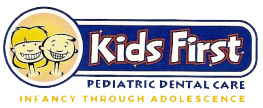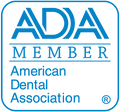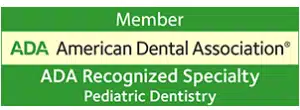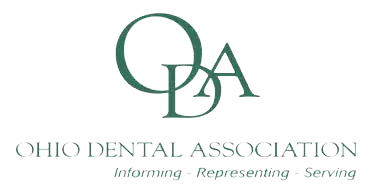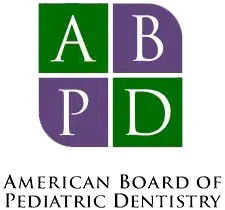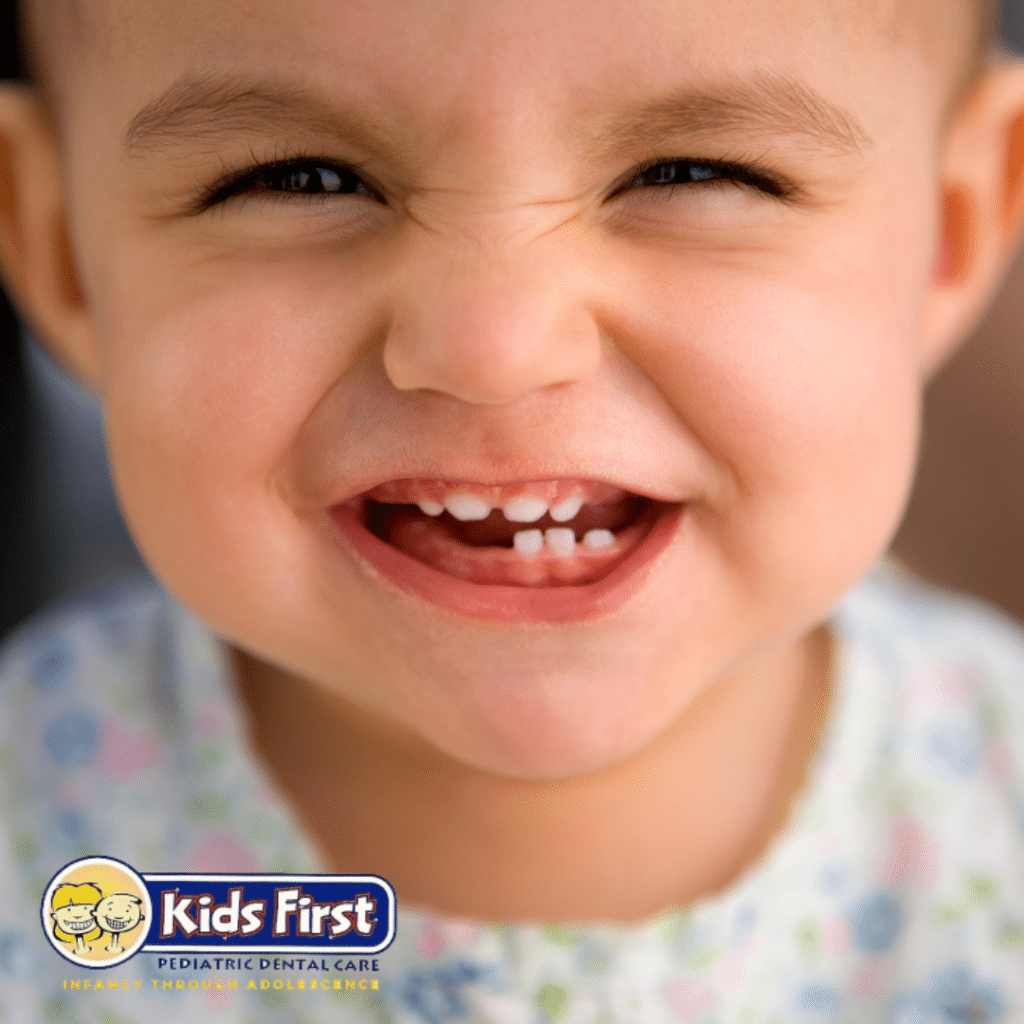
Teething is a crucial stage in your baby’s development that often comes with discomfort and some sleepless nights. This guide will help you understand the teething process, what symptoms to expect, and how to soothe your baby through these early dental milestones. We’ll cover common teething signs, soothing techniques, and when to reach out for professional advice.
What is Teething?
Teething is the process by which your baby’s first teeth, also known as primary or “milk” teeth, begin to emerge through the gums. This typically starts around 6 months of age, but it can vary from baby to baby. While teething is an exciting developmental milestone, it can also bring discomfort for your baby, making it important for parents to be informed and prepared.
When Does Teething Start?
Most babies begin teething between 4 and 7 months, although some may start as early as 3 months or as late as 12 months. The process usually continues until about age 3, by which time your child will likely have all 20 primary teeth.
Here is a general timeline for teething:
- Lower central incisors (the two front bottom teeth): 6-10 months
- Upper central incisors (the two front top teeth): 8-12 months
- Upper lateral incisors (the teeth beside the top front teeth): 9-13 months
- Lower lateral incisors: 10-16 months
- First molars: 13-19 months
- Canine teeth: 16-22 months
- Second molars: 23-33 months
Common Signs of Teething
Every baby experiences teething differently, but here are some of the most common signs and symptoms to watch for:
Physical Symptoms
- Drooling: Teething stimulates excess saliva production, leading to noticeable drooling.
- Swollen or red gums: The area where a new tooth is about to emerge may look swollen or feel tender.
- Chewing and biting: Babies instinctively chew on objects or fingers to relieve gum pressure.
- Rubbing ears or cheeks: The discomfort from teething may cause babies to pull at their ears or rub their cheeks.
Behavioral Symptoms
- Irritability: Babies may become fussier than usual due to gum discomfort.
- Trouble sleeping: Teething can disturb sleep, leading to more frequent nighttime waking.
- Decreased appetite: Some babies may refuse to eat solid foods due to sore gums.
Other Symptoms
- Slight fever: A low-grade fever (below 101°F) is sometimes associated with teething.
- Rash: Excess drooling can cause a mild rash around the mouth, chin, or neck.
It’s important to note that symptoms like diarrhea, high fever, or prolonged irritability are not typically caused by teething. If your baby shows these signs, contact your pediatrician for advice.
How to Soothe Your Baby During Teething

Though teething is a natural process, the discomfort can be managed through some tried-and-true soothing techniques. Here are a few ways to help ease your baby’s discomfort.
Teething Toys and Rings
Teething rings or toys, especially when chilled in the fridge (not frozen), provide a safe and soothing option for babies to chew on. The pressure of chewing helps to relieve the pain and discomfort of emerging teeth.
Cold Washcloths
A cool, damp washcloth can be a simple and effective remedy for teething. You can let your baby gnaw on it or gently rub it on their gums to provide relief.
Massage the Gums
You can use a clean finger or gauze to gently massage your baby’s gums. This can help soothe soreness and reduce swelling.
Offer Chilled Foods
For babies who have already started solids, cold purees, yogurt, or applesauce may help soothe inflamed gums.
Over-the-Counter Teething Gels or Pain Relievers
Teething gels can sometimes be applied directly to the gums to offer short-term relief, but be sure to consult with your pediatric dentist or pediatrician before using any medication, as not all teething gels are recommended for infants. Pain relievers like infant acetaminophen can also help, but they should only be used as directed and after consulting your child’s healthcare provider.
When Should You Be Concerned?
While teething discomfort is normal, there are times when you may need to reach out to your pediatric dentist or doctor for guidance. Keep an eye out for the following situations:
- Prolonged high fever: A fever over 101°F lasting more than a day requires medical attention.
- Refusal to eat or drink: If your baby stops eating for more than a day, this could indicate more than just teething discomfort.
- Severe diarrhea: Persistent diarrhea may indicate an illness rather than teething and should be discussed with a healthcare provider.
The Importance of Early Dental Visits
Teething is also a good reminder to schedule your baby’s first dental appointment. The American Academy of Pediatric Dentistry recommends bringing your baby to the dentist by their first birthday or within six months of their first tooth appearing. Regular dental visits ensure that your child’s teeth and gums are developing properly and allow for preventive care, such as fluoride treatments and early cavity detection.
Why Choose Kids First Pediatric Dental Care?
At Kids First Pediatric Dental Care, we specialize in caring for your child’s dental health from their very first tooth through their teenage years. Our caring, experienced team knows how to make dental visits fun and stress-free for your little one. We serve children and their parents across the greater Zanesville area.
Ready to Schedule Your Little One’s First Appointment?
Teething is a challenging but exciting part of your baby’s growth. If you have concerns or need further guidance on teething, schedule an appointment at Kids First Pediatric Dental Care today! Let Dr. Malek and our experienced team help ensure your baby’s smile is healthy and bright from the start. Give us a call at (740) 588-5437 or visit our website to book your appointment now!
